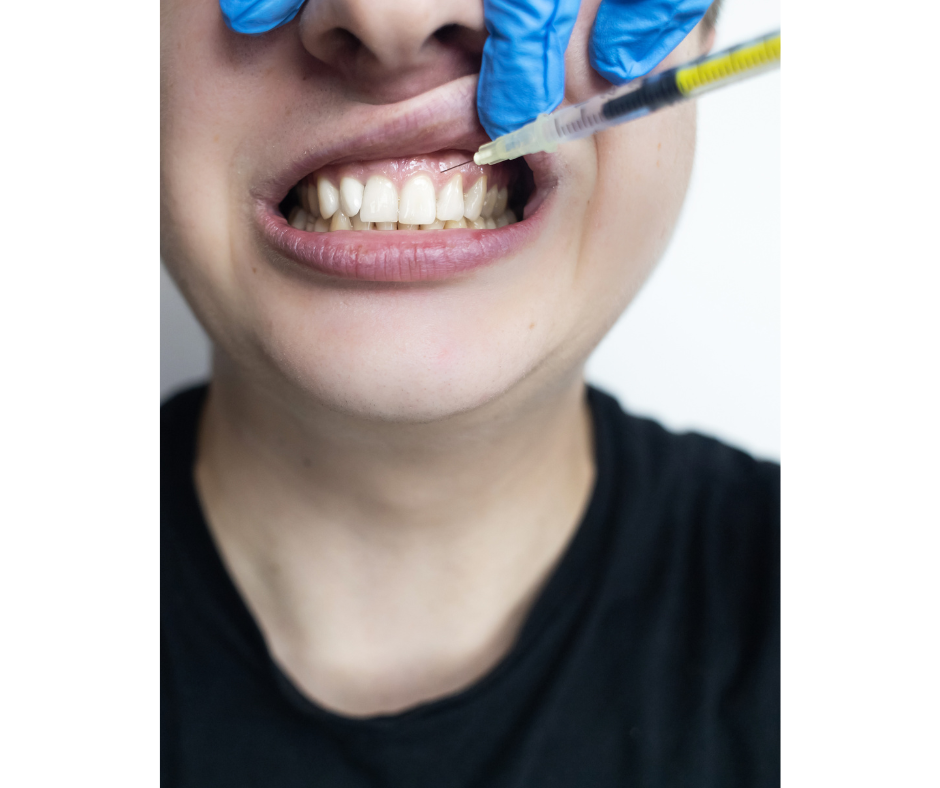by Caitlin Denison, BS, RDH
As dental providers, we are experts at looking out for the well-being of our patients. As providers and responsible citizens, we must also ensure that our activities do not negatively impact the environmental health of our communities.
To help prevent mercury from amalgam waste from contaminating the environment, the EPA has established regulations requiring most dental offices to use an amalgam separator1. An amalgam separator ensures that amalgam particles suctioned during a procedure stay out of wastewater. Although there are a few exceptions to this rule, most dental practices must comply.
There are several products available to help practices comply with this requirement. One option is an amalgam separator that filters all suction waste from the practice’s operatories, such as the NXT Hg5 by Solmetex. This device simply filters incoming suction waste before it discharges to the wastewater system. Larger offices with multiple operatories that handle amalgam waste may find this solution to be convenient.
Another option is the Dove Capt-all device. This solution goes straight to the source of the amalgam waste and simply fits onto the dental suction. The device separates out any amalgam waste before it enters the suction tubing. Smaller offices that rarely conduct procedures involving amalgam waste may find this device useful, as it can be attached and used as needed.
As with all dental equipment, these devices do require care when maintaining and disposing of them. With a practice-wide amalgam filter like the Solmetex product, the practice must ensure that the filter is checked and changed as needed to ensure optimal filtration. When the filter is changed, it must be disposed of as amalgam waste and cannot be thrown away in general waste. Having a reminder on the office calendar can help ensure this task is completed. Remember, when it comes to compliance, documentation is key, so, be sure to document all filter checks and changes.
The Capt-all device must also be disposed of as amalgam waste. As with the Solmetex filters, disposal should be documented. Both Solmetex and Capt-all can provide appropriate amalgam waste containers that are compatible with their products.
When applicable, amalgam waste documentation should also include records of inspections of the separator, container replacement, disposal of waste via an appropriate vendor or facility, and documentation of any repairs or replacements2.
Oftentimes, offices are doing requirement maintenance and disposal tasks but simply aren’t maintaining adequate documentation. Remember, from a regulatory perspective, you don’t get credit for a task unless it’s documented!
In addition to documenting these tasks, most dental offices (including some that are otherwise exempt from the EPA’s rule) must also submit a one-time compliance report to the office’s Control Authority2. The EPA page for dental effluent guidelines has resources to help you find your office’s control authority.
The other major issue we encounter frequently is improper disposal of amalgam fragments or teeth containing amalgam. Remember, these items must be disposed of through an amalgam recycling service. Amalgam should not be placed in regular trash or biohazard waste3.
By prioritizing proper disposal practices, dental practices can provide excellent care and ensure a healthier future for our patients, our communities, and the planet.
1: U.S. Environmental Protection Agency. (2017). Dental office category: Frequent questions [PDF]. U.S. Environmental Protection Agency. Retrieved March 27, 2025, from https://www.epa.gov/sites/default/files/2017-12/documents/dental-office-category_frequent-questions_nov-2017.pdf
2: Environmental Protection Agency. (2017). Effluent limitations guidelines and standards for the dental category. Federal Register, 82(113), 27154–27187. https://www.federalregister.gov/documents/2017/06/14/2017-12338/effluent-limitations-guidelines-and-standards-for-the-dental-category 3: American Dental Association. (n.d.). Best management practices for amalgam waste [PDF]. American Dental Association. Retrieved March 27, 2025, from https://www.ada.org/-/media/project/ada-organization/ada/ada-org/files/resources/library/oral-health-topics/topics_amalgamwaste_brochure.pdf









